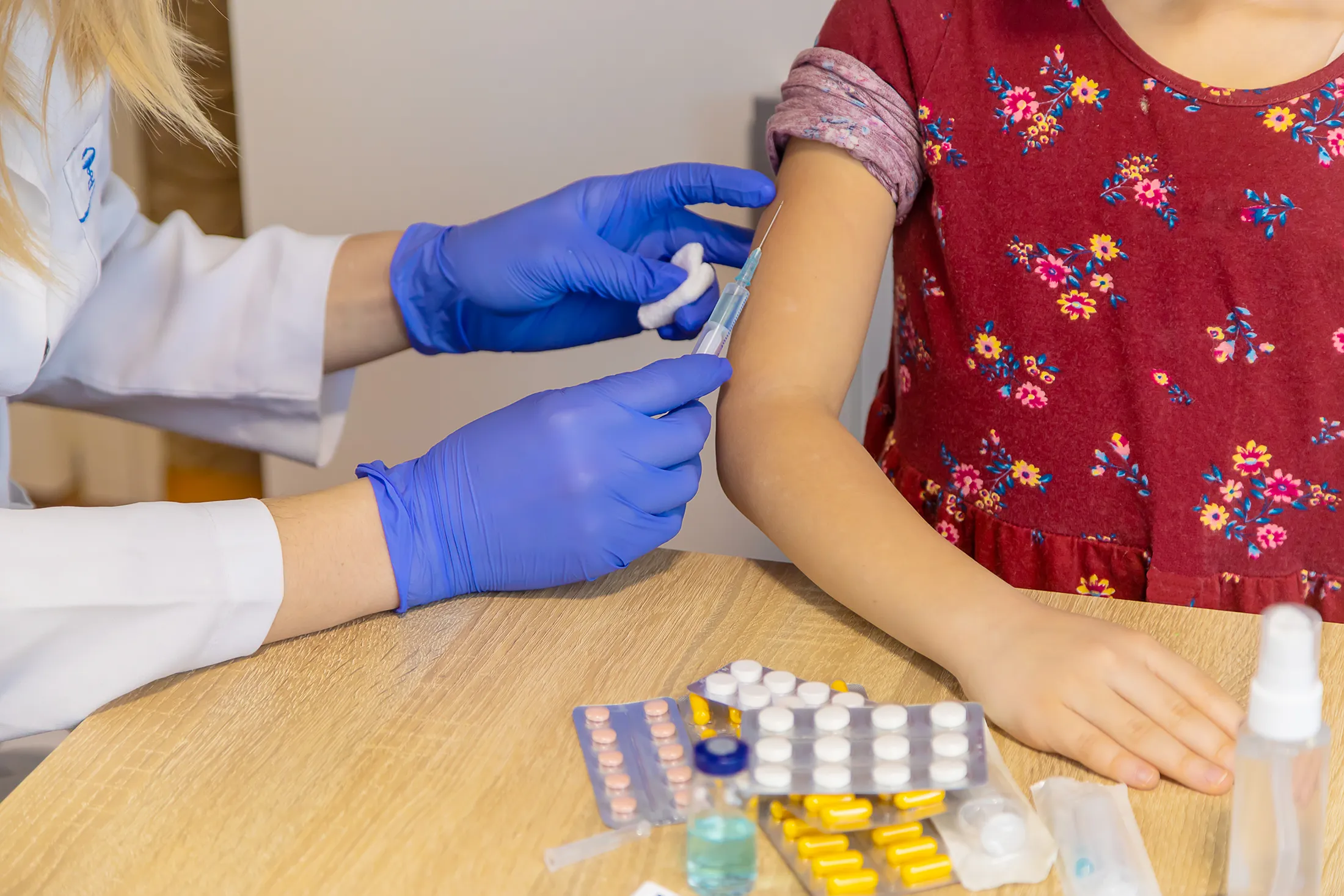
As parents, it’s natural to have questions about the safety of vaccines. The decision to vaccinate is a big one, and you want to be sure you’re doing what’s best for your child. We want you to feel confident and informed, which is why we’re here to present the facts and data on vaccine safety.
A Resounding “Yes” from the Experts
A Resounding “Yes” from the Experts
The short answer is a resounding yes, vaccines are safe. This isn’t just an opinion; it’s a conclusion based on decades of rigorous scientific research, and it’s a position held by every major medical organization in the world. The American Academy of Pediatrics (AAP), a leading authority on child health, strongly recommends that all children be vaccinated on schedule. This recommendation is rooted in the overwhelming evidence that vaccines are the safest and most effective way to protect children from serious diseases.
On a personal note, the 10 years I spent learning and practicing pediatric medicine in central Pennsylvania demonstrated everyday the benefits and safety of vaccinations. In the area I trained there was a large population of unvaccinated people due to religious beliefs. I have taken care of children of all ages that developed lifelong disabilities or loss of life due to vaccine preventable illnesses. I believe without hesitation, that decades of research demonstrate vaccine safety and protect our children.
The Science and the Safety Data
The Science and the Safety Data
Vaccines undergo extensive testing before they are approved for public use. The process is multi-phased and incredibly thorough, including:
- Laboratory Research: Years of research go into developing a vaccine before it’s even tested on people.
- Clinical Trials: Vaccines are tested on thousands of volunteers in three phases of clinical trials to assess their safety and effectiveness. The FDA (Food and Drug Administration) only approves a vaccine if it’s proven to be safe and effective.
- Ongoing Monitoring: After a vaccine is approved and in use, it is continuously monitored for safety. Systems like the Vaccine Adverse Event Reporting System (VAERS) and the Vaccine Safety Datalink (VSD) track any potential side effects. These systems are designed to detect even the rarest of events, and this data is reviewed regularly by medical experts.
Because of this constant monitoring, we have decades of data confirming vaccine safety. This research has consistently shown that the benefits of vaccination far outweigh the risks.
Debunking Common Myths
Debunking Common Myths
Parents often have specific questions or concerns they’ve heard about. Let’s address some of the most common ones:
- “Can a baby’s immune system handle so many vaccines?” A baby’s immune system is incredibly robust. Every day, it successfully fights off thousands of germs from their environment. The antigens (the parts of the germs that trigger an immune response) in vaccines are only a tiny fraction of what a baby encounters daily. Vaccines don’t overload the immune system; they simply prepare it to fight off a specific, dangerous disease.
- “Do vaccines cause autism?” This has been one of the most thoroughly researched topics in modern medicine. Hundreds of independent studies from around the world have found no link between vaccines and autism. The original study that suggested a connection was found to be fraudulent and was retracted. Both the AAP and the CDC have stated unequivocally that there is no scientific evidence to support this claim.
- “What about long-term side effects?” The vast majority of vaccine side effects are mild and short-lived, such as soreness at the injection site or a low-grade fever. Severe long-term side effects are extremely rare. The real long-term danger comes from the diseases themselves, which can cause lifelong disability or even death. For example, measles can lead to brain swelling, and polio can cause permanent paralysis.
The Power of Community (Herd) Immunity
The Power of Community (Herd) Immunity
When you choose to vaccinate your child, you’re not just protecting them. You’re also protecting those around you, a concept known as “herd immunity.” This is especially important for infants who are too young to be fully vaccinated, for people with weakened immune systems, and for those who can’t receive certain vaccines for medical reasons. By vaccinating your child, you’re helping to create a shield of protection for the entire community.
We understand that vaccination decisions can feel complex, but we hope this information helps you feel more confident in protecting your child’s health. We are always here to answer your questions and discuss any concerns you may have.


